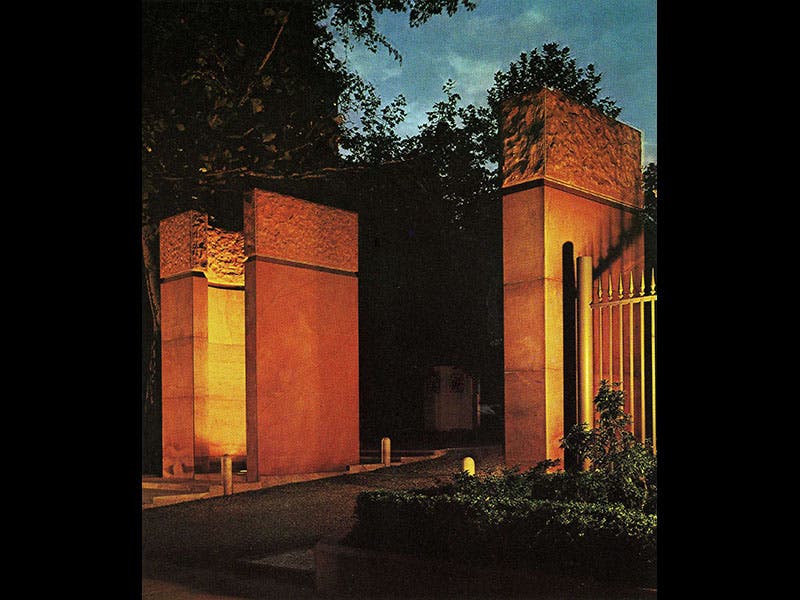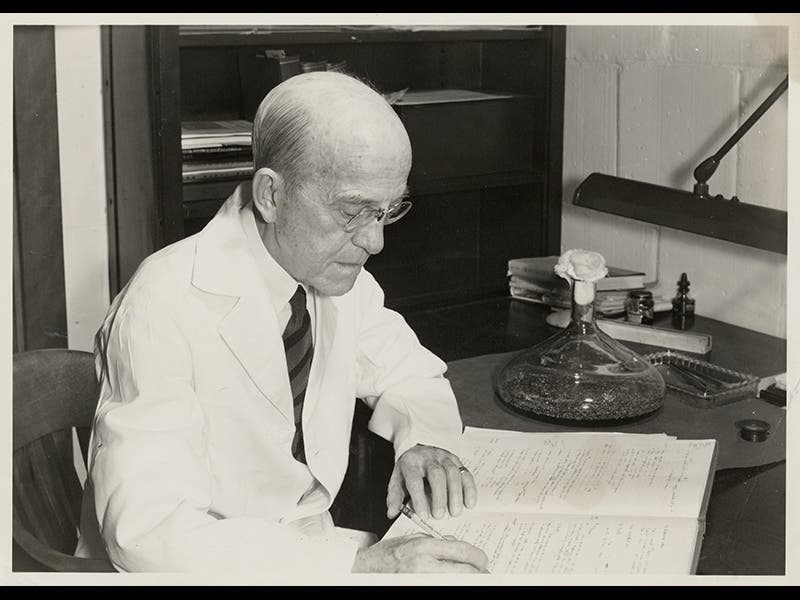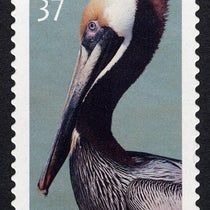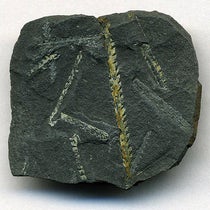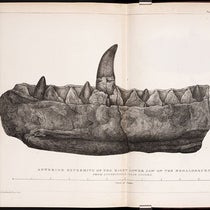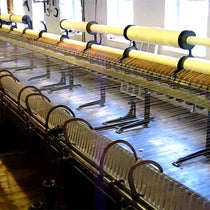Scientist of the Day - Oswald Avery
Oswald Avery, a molecular biologist, was born Oct. 21, 1877, in Nova Scotia. In 1944, working at the Rockefeller Institute in New York City, Avery solved a problem that had been vexing biologists for decades: the identity of the carrier of the genetic code. Everyone knew that chromosomes contained both protein and DNA, but they didn't know which material carried the genetic information. The smart money was on the protein component, since a protein is a long chain of 20 kinds of amino acids, while DNA is a similar chain of only four different bases. There didn't seem to be enough variety in DNA to carry a detailed genetic recipe. Avery worked with bacteria, and he found ways to remove, separately, the protein component and the DNA component of the bacterial chromosome. When he removed the protein, the bacteria still carried genetic information, but when he removed the DNA, the bacteria lost its ability to do anything. So DNA was the important stuff of the gene, what Avery always called the "transforming principle." It was left to Watson and Crick, nine years later, to determine the structure of DNA. How such a simple molecule could carry so much information was not determined for ten years after that, when it was discovered that the genetic code is written in triplets, three bases at a time, and since there are 64 different possible triplets, the genetic code turned out to have a more-than-ample alphabet for encoding its instructions.
When life scientists are asked, who was the most deserving scientist never to receive a Nobel Prize, Avery is the usual choice. He was nominated 38 times for the award but was never chosen. However, he has a very attractive Memorial Gate, installed with great ceremony at what became Rockefeller University in 1965, on the tenth anniversary of his death (first image). The other images show Avery in his lab, at his desk, and in a staff picture at Rockefeller, where he is not too hard to pick out, since he only stood about 5’ 4”.
Dr. William B. Ashworth, Jr., Consultant for the History of Science, Linda Hall Library and Associate Professor, Department of History, University of Missouri-Kansas City. Comments or corrections are welcome; please direct to ashworthw@umkc.edu.


